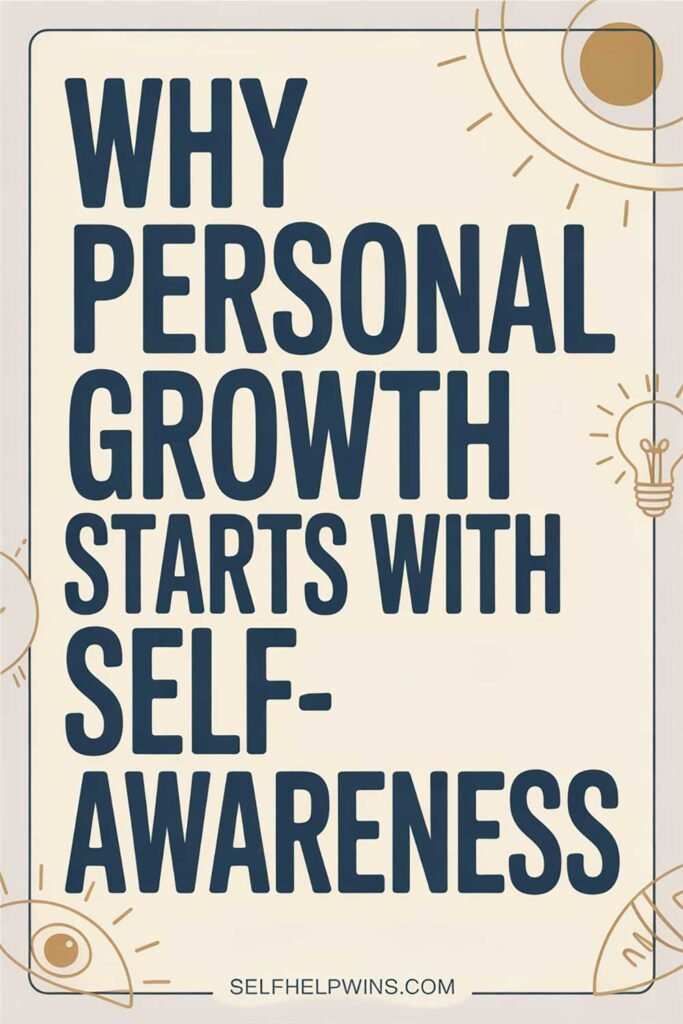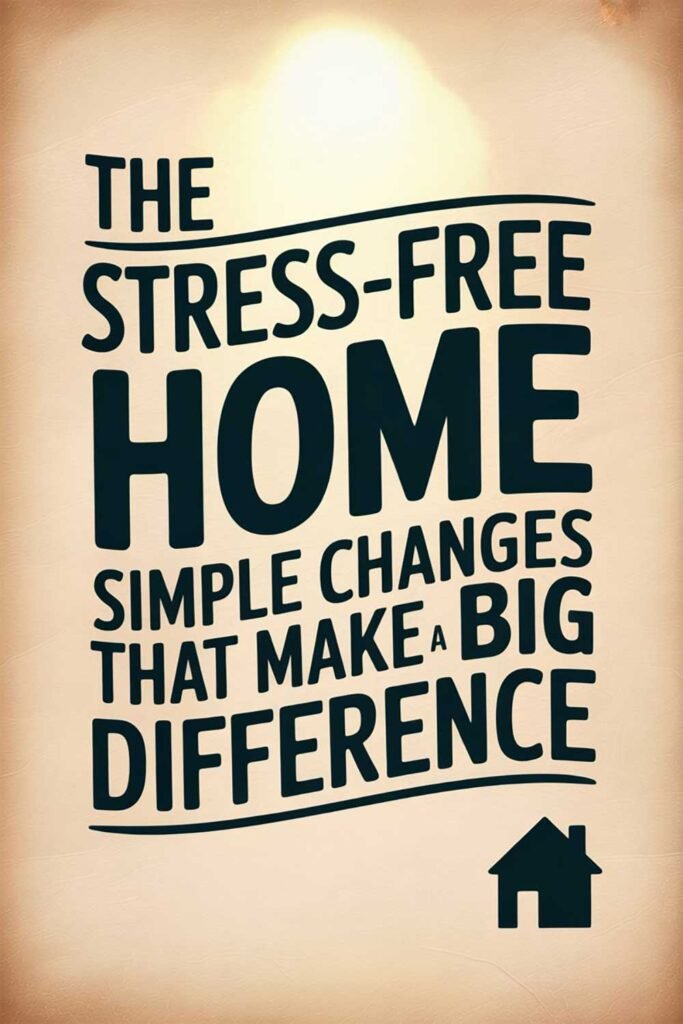
If you know someone who could benefit from this article, please share it with them. Mastering time management can help them achieve their goals and reduce stress.
Time Management: Strategies for Productivity and Balance
Why Time Management Matters
Time management is the skill of organizing and prioritizing your time to achieve your goals efficiently. By mastering this skill, you can reduce stress, boost productivity, and create more balance in your life.

Benefits of Effective Time Management
- Increased Productivity: Accomplish more in less time.
- Reduced Stress: Feel more in control of your schedule.
- Better Decision-Making: Prioritize what truly matters.
- Improved Work-Life Balance: Create time for personal and professional growth.
Common Time Management Challenges
- Procrastination: Delaying important tasks.
- Overcommitment: Taking on too many responsibilities.
- Distractions: Losing focus due to interruptions or multitasking.
- Lack of Prioritization: Focusing on low-value tasks instead of high-impact ones.
Strategies for Effective Time Management
1. Set Clear Goals
Define what you want to achieve and break your goals into smaller, actionable steps.
- SMART Goals: Ensure your goals are Specific, Measurable, Achievable, Relevant, and Time-bound.
2. Prioritize Your Tasks
Focus on high-priority tasks to maximize your impact. Use tools like:
- Eisenhower Matrix: Categorize tasks into:
- Urgent and Important: Do immediately.
- Important but Not Urgent: Schedule it.
- Urgent but Not Important: Delegate it.
- Neither Urgent nor Important: Eliminate it.
3. Plan Your Day
Start each day with a clear plan. Write down your tasks and allocate time for each.
- Time Blocking: Divide your day into focused work periods and schedule tasks accordingly.
- Morning Routine: Begin your day with high-energy tasks to set the tone.
4. Eliminate Distractions
Create an environment conducive to focus by minimizing interruptions.
- Turn off notifications on your phone or computer.
- Set boundaries with colleagues, family, or friends.
- Use tools like noise-canceling headphones or website blockers.
5. Use Time Management Tools
Leverage apps and systems to organize your schedule and track progress.
- Apps: Trello, Asana, Todoist, or Google Calendar.
- Pomodoro Technique: Work for 25 minutes, then take a 5-minute break.
- Kanban Boards: Visualize your tasks with boards that show what’s pending, in progress, and completed.
6. Learn to Say No
Protect your time by declining commitments that don’t align with your goals or priorities.
- Practice Polite Refusals: Use phrases like, “I appreciate the offer, but I can’t commit right now.”
7. Batch Similar Tasks
Group similar tasks together to minimize context-switching and increase efficiency.
- Example: Respond to all emails in one dedicated time block rather than throughout the day.
8. Review and Reflect
Set aside time at the end of each day or week to assess your progress and adjust your strategies.
- Questions to Reflect On:
- Did I accomplish my priorities?
- What worked well? What didn’t?
- How can I improve next week?
9. Take Breaks
Regular breaks prevent burnout and boost productivity.
- Follow the 90-minute work cycle: Work for 90 minutes, then take a 15-minute break.
- Use breaks to stretch, hydrate, or relax your mind.
10. Focus on One Task at a Time
Multitasking reduces efficiency and increases errors. Concentrate fully on one task before moving to the next.
Tips for Overcoming Procrastination
- Break Tasks into Smaller Steps: Large tasks can feel overwhelming. Start small.
- Set Deadlines: Create a sense of urgency to stay motivated.
- Use the Two-Minute Rule: If a task takes less than two minutes, do it immediately.
- Reward Yourself: Celebrate completing tasks with small rewards.
Picture This
Imagine having a clear, organized schedule that reflects your goals and priorities. Each day, you tackle important tasks with focus and efficiency, leaving room for relaxation and personal growth. Stress decreases as productivity increases, and you feel in control of your time. What time management strategy will you try today?






